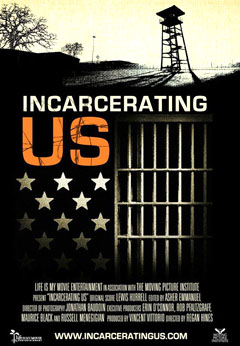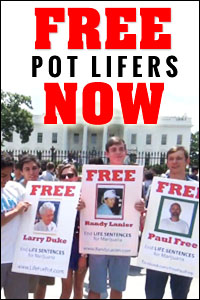Comprehensive article by Victoria Law in WagingNonviolence.org about Amendment 782. Oct. 12, 2015
On October 6, the Justice Department announced that nearly 6,000 people in federal prisons will be going home early. The move, U.S. officials told the Washington Post, is an effort to both reduce overcrowding and to provide relief to people who received harsh drug war sentences over the past three decades.
In 2014, the U.S. Sentencing Commission, an agency that sets sentencing policies for federal crimes, held two public hearings about drug sentencing. At these hearings, commission members heard testimony from then-Attorney General Eric Holder, federal judges, federal public defenders, law enforcement and sentencing advocates. The commission also received more than 80,000 public comment letters, most of which supported the change. As a result, the commission voted unanimously to reduce the potential punishment for drug offenses. It also made that change retroactive, meaning that 46,000 people who were sentenced during the zealous years of the drug war are eligible to apply for reduced sentencing and early release. The 6,000 people who will soon be rejoining their families are the first wave of early releases; the commission estimated that another 8,550 people would be eligible for release before November 1, 2016.
“The media helped usher us all into prison,” reflected Amy Povah, the founder of Clemency for All Nonviolent Drug Offenders, or CAN-DO, and a former drug war prisoner. “They made it easy to fast-track legislation and for politicians to create false narratives to get elected.” People became afraid. More money was poured into drug enforcement. Harsher laws were proposed and passed. More people were sentenced to longer times in prison.
The article went on to cover the story of Amy Povah and her activism to help additional women (and pot prisoners) seeking relief from draconian sentences during the resurrection of the drug war that was kicked into high gear in the late 80s and 90s – and is still responsible for destroying the very lives of the citizens that drug war champions used to justify the very legislation that is now being scrutinized. Read the entire article:















